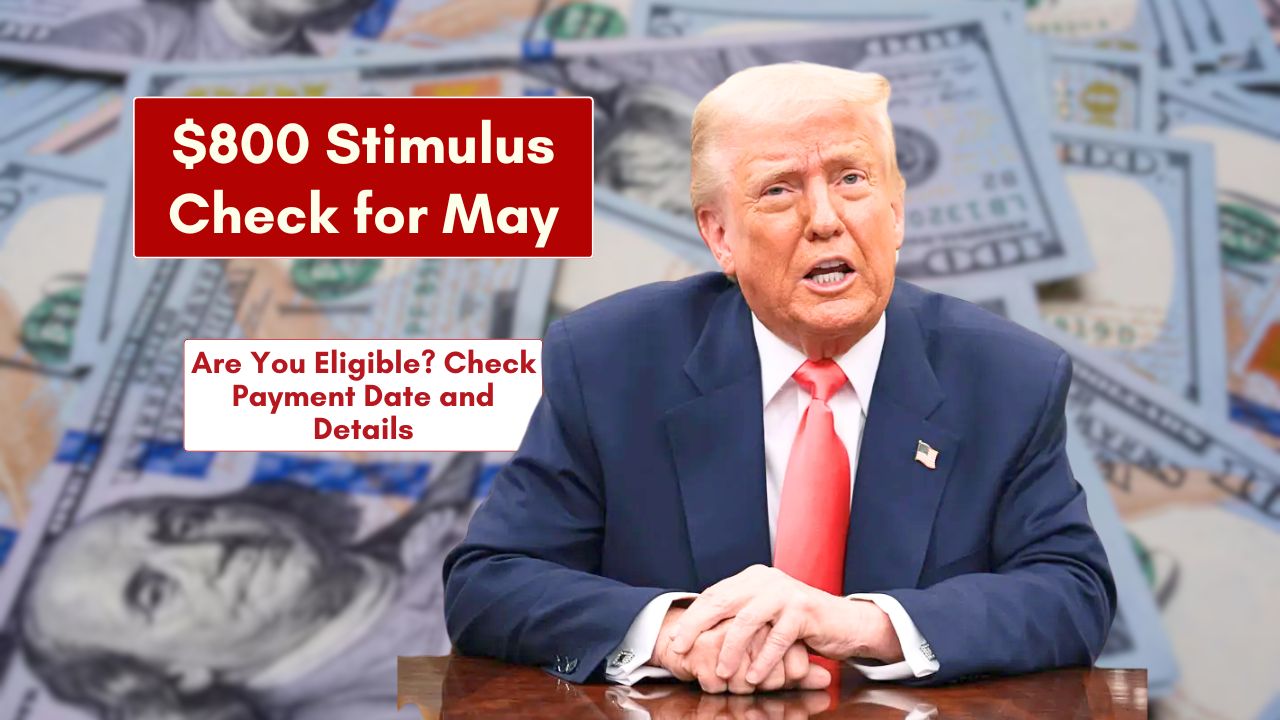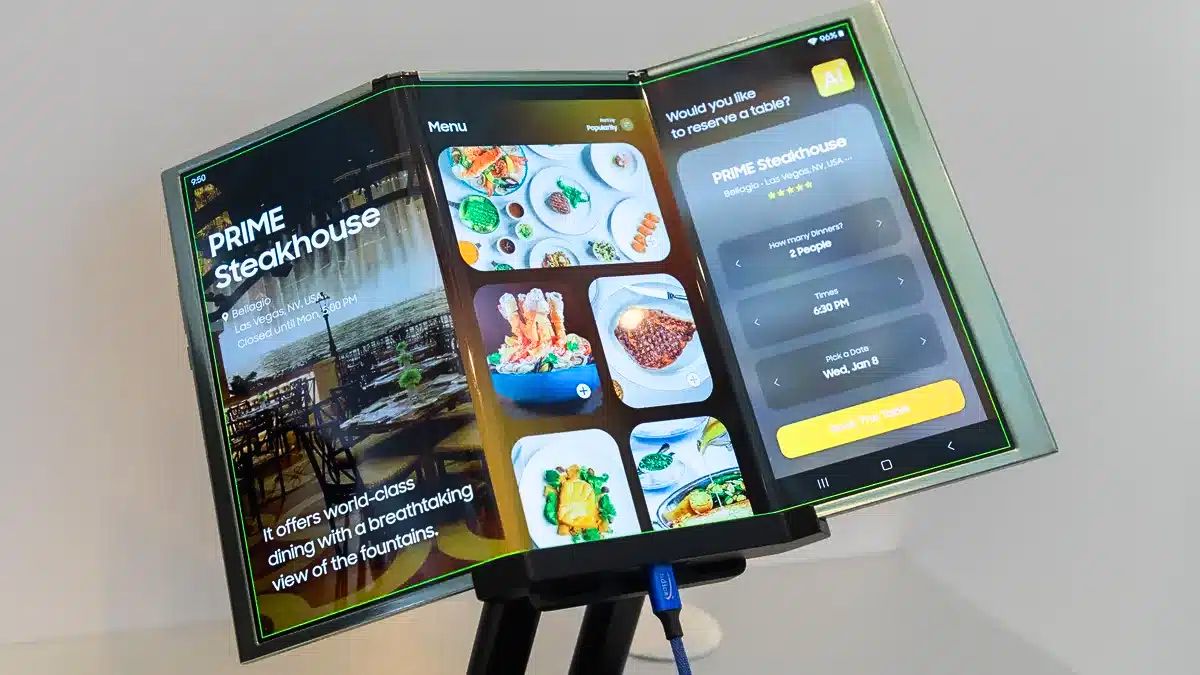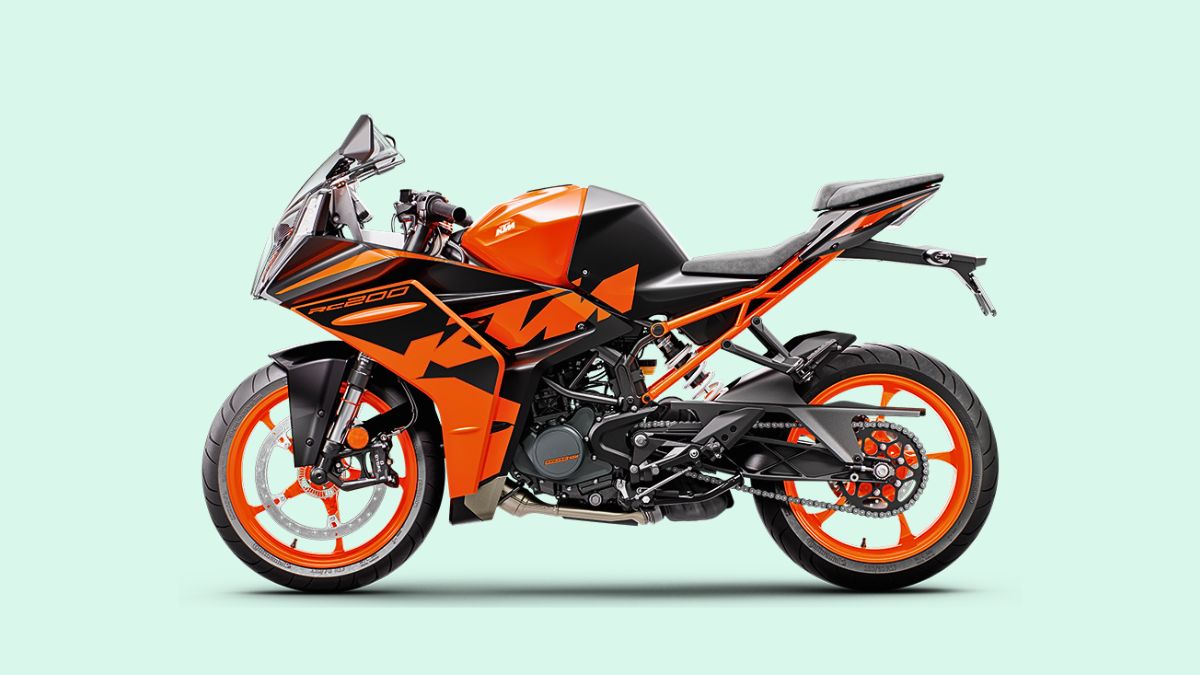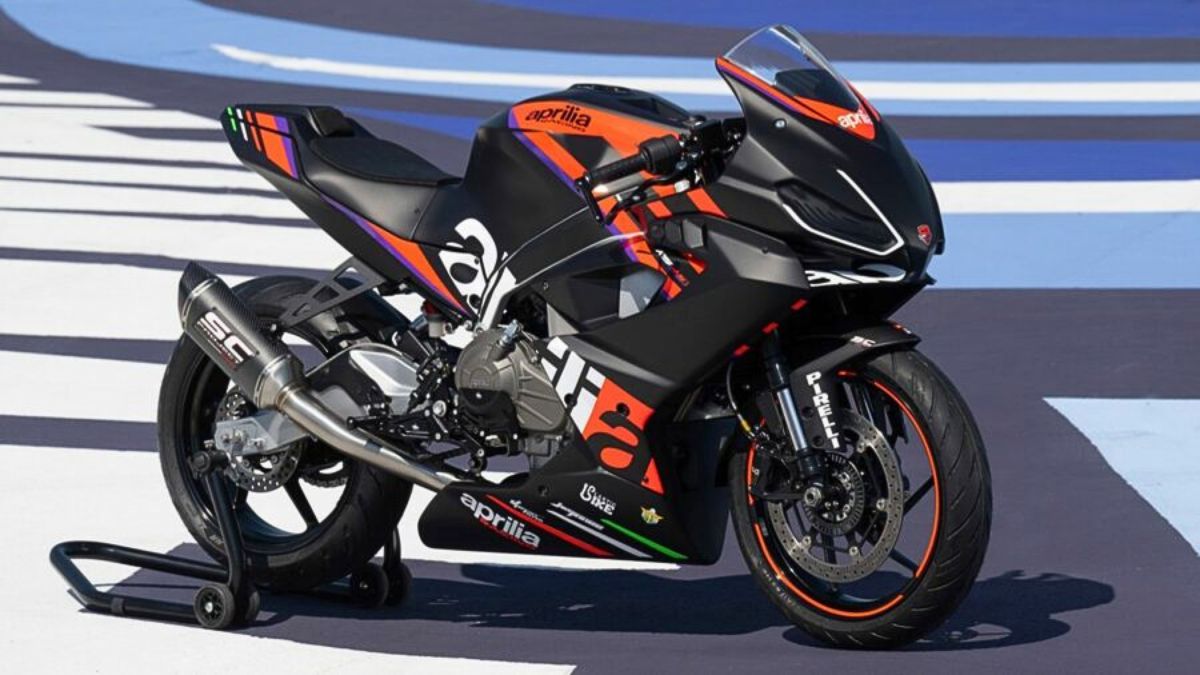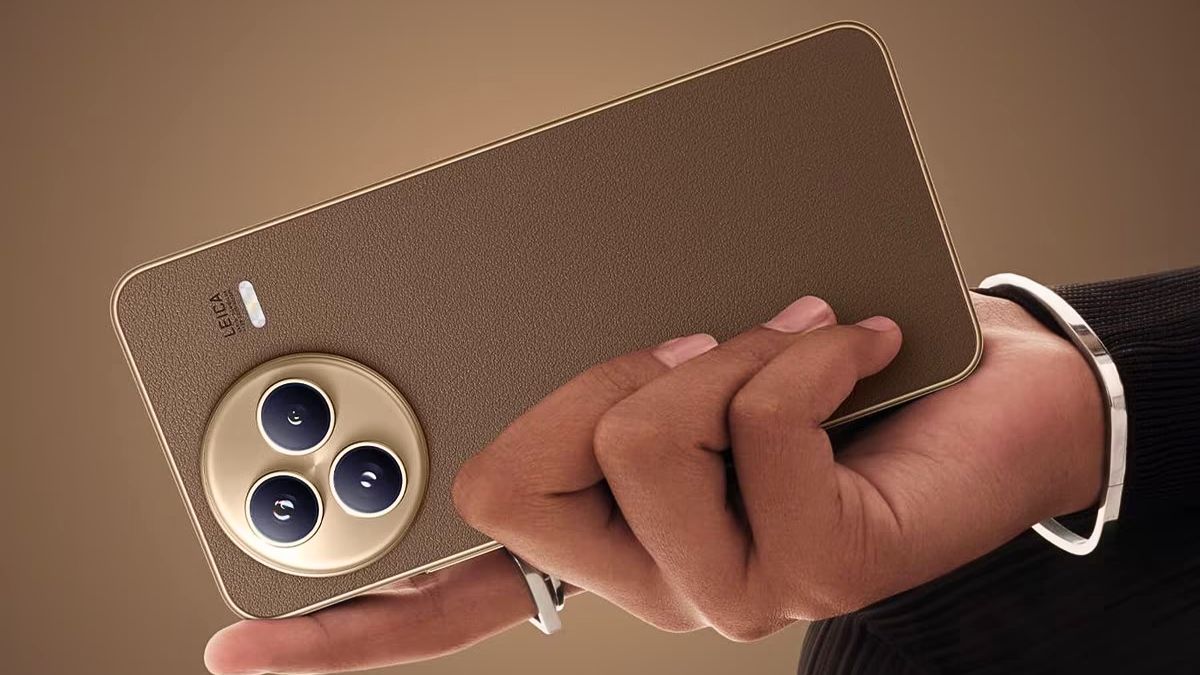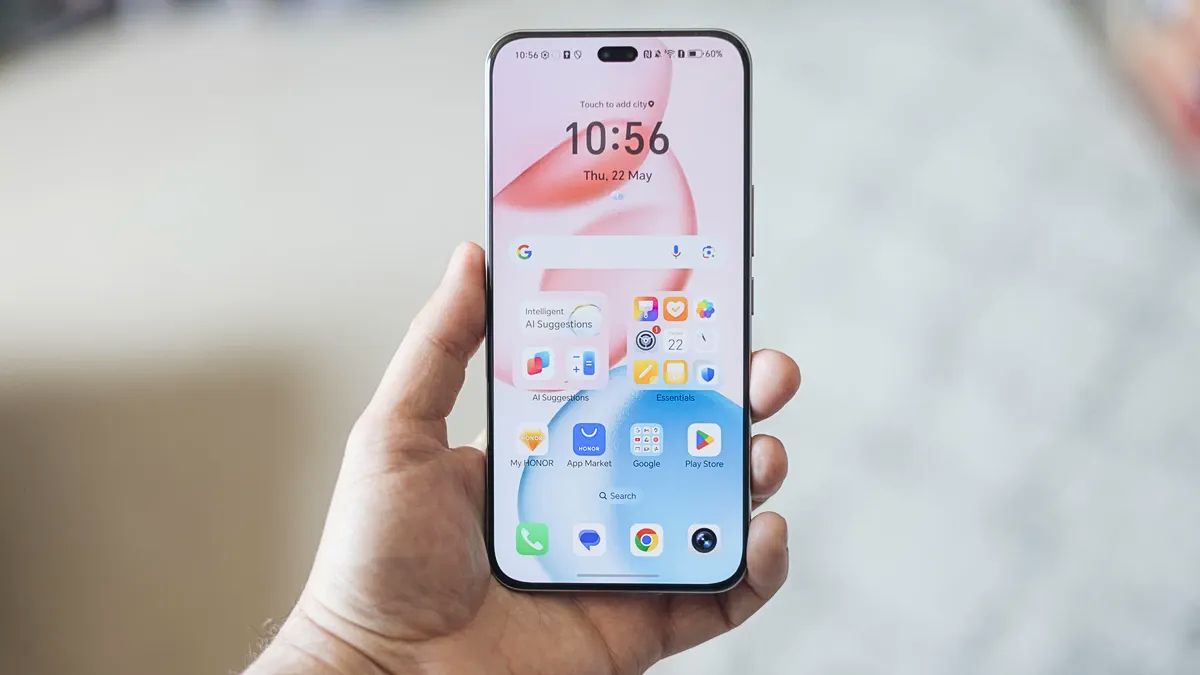As May rolls around, a lot of folks across the U.S. are buzzing about the $800 stimulus check. With inflation still creeping up and everyday expenses putting pressure on household budgets, this check is designed to offer a bit of breathing room. Whether you’re hearing about this for the first time or just want to be sure you’re in the loop, we’re breaking down everything you need to know—from who qualifies to when and how you might get your money.
Overview
The $800 stimulus check is part of a federal push to give Americans some relief from rising costs. It’s mainly focused on low to moderate-income earners, but some with higher incomes could also receive a partial amount depending on their situation.
Here’s a quick snapshot of the program:
| Feature | Details |
|---|---|
| Eligibility Criteria | Based on income, household size, and past tax filing |
| Payment Date | Expected in late May 2025 |
| How to Claim | Mostly automatic; some will need to file |
| Purpose | Help cover rising costs and inflation |
| Resource | Official IRS Website for updates and tools |
Eligibility
So, who actually gets this money? A few key things determine if you’re eligible:
Income
Your adjusted gross income (AGI) is the big one. Here’s where the cutoffs land:
- Single filers: under $75,000
- Head of household: under $112,500
- Married filing jointly: under $150,000
If you’re above these limits, don’t panic—you might still get something. The amount gradually shrinks as your income increases until it completely phases out.
Dependents
Got kids under 17? Great news—each one may qualify your household for an extra chunk of change. That’s especially helpful for larger families trying to stretch every dollar.
Filing History
If you’ve been filing your taxes, you’re likely all set. The IRS will automatically send your check if your info is up to date. But if you haven’t filed due to low income or other reasons, you’ll probably need to take an extra step or two (we’ll cover that next).
Timeline
While we don’t have a locked-in date yet, most experts predict the payments will start rolling out in late May 2025. Right on time for summer expenses or catching up on bills.
How You’ll Get It
There are a few ways your payment could arrive:
- Direct deposit: Fastest option if the IRS has your bank info.
- Paper check: Mailed to your address on file—usually takes longer.
- Prepaid debit card: Mailed like a check, but ready to spend once activated.
If you’ve moved or changed banks recently, it’s super important to update your information with the IRS ASAP to avoid delays.
Process
Worried about missing your check? Here’s how to stay on track.
Step 1
Start by reviewing the income limits and dependent rules. If you fall within those, you’re probably good to go.
Step 2
New bank account? Changed addresses? Use the IRS tools online to make sure your details are correct.
Step 3
If you didn’t file a tax return in recent years, you’ll need to manually provide your info. Use the IRS Non-Filers Tool or submit a simple Form 1040 to get in the system.
Step 4
Once payments start going out, use the IRS “Get My Payment” tracker to check on the status of your deposit or mailed check. It’s an easy way to stay in the know.
Whether you’re planning to cover bills, build your savings, or just breathe a little easier, the $800 May stimulus check can offer meaningful help. The key is staying informed, being proactive with your IRS details, and using the funds wisely. With the right approach, this small boost can go a long way in improving your financial footing in 2025.
FAQs
Who qualifies for the $800 check?
Individuals under income limits and with proper filing history qualify.
When will the check arrive?
Most payments are expected by late May 2025.
How will I receive my check?
Checks are sent by direct deposit, mail, or prepaid card.
Do non-filers get the check?
Yes, but they must submit IRS forms or use the Non-Filers tool.
Is the check taxable?
No, stimulus checks are not considered taxable income.
